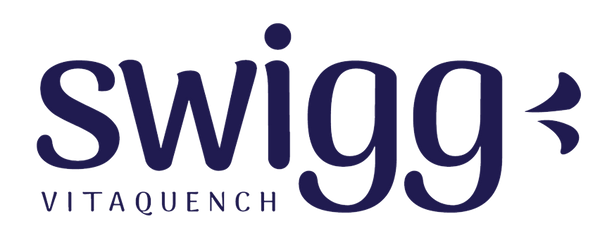Water is the essence of life, second only to oxygen in its importance for human survival. Throughout history, civilizations have thrived around bodies of fresh water, relying on them not just for drinking, but also for agriculture and sustenance.
Humans require a significant amount of water to stay healthy, not only for themselves but also for their livestock and crops. While some regions receive sufficient rainfall, many have had to develop techniques to conserve water.
The advent of mass plumbing engineering revolutionized our ability to access water, making previously uninhabitable regions viable for settlement and agriculture. With organizations like the Environmental Protection Agency (EPA) ensuring water quality standards, access to clean water has become more widespread than ever before, and at minimal cost.
However, the rise of the beverage industry introduced a new dynamic. Seeing a decline in profits due to consumers moving away from sugary drinks, these corporations seized the opportunity to create a new market category: bottled water.
Using clever marketing tactics, they portrayed bottled water as pure and natural, despite often being sourced from the same places as tap water. They capitalized on municipal water crises, instilling fear to drive sales. They also used misleading terms like "filtered" and "triple-filtered" to imply tap water is inferior, which is simply not true.
Their relentless placement of bottled water in every conceivable location exploits human laziness and convenience. However, the reality is that tap water, as proven by blind taste tests, is often preferred over bottled water. Tap water is regulated, with data publicly available on its quality, whereas bottled water lacks such oversight.
Moreover, bottled water contributes significantly to plastic pollution. Studies have shown that bottled water contains high levels of plastic particles, and most bottles end up in landfills, exacerbating environmental issues.
In conclusion, the beverage industry manipulates consumers into believing bottled water is superior when, in fact, tap water is often the better choice. It's time for consumers to make informed decisions and #rethinkTap. Using a reusable bottle and drinking tap water not only saves money but also reduces plastic waste and environmental harm. Let's make conscious choices for our health and the planet. #DoBetter #DrinkTap #StopSUPB #StopSingleUsePlasticBottles

